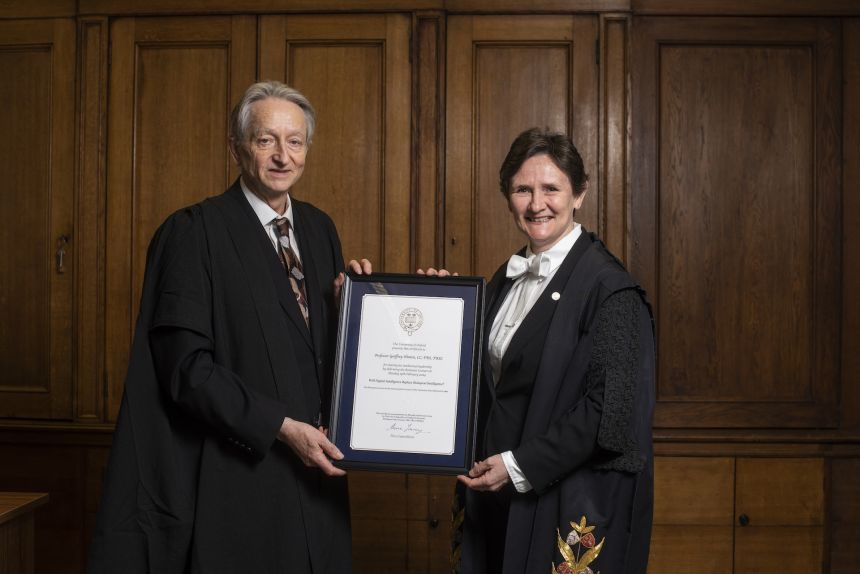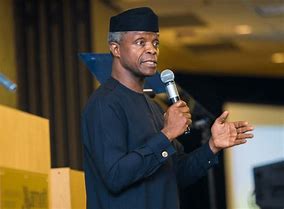The University of Oxford recently hosted Professor Geoffrey Hinton, a distinguished figure known as the ‘Godfather of AI,’ to deliver the annual Romanes Lecture at the Sheldonian Theatre on Monday, 19 February.
Professor Hinton, who holds the titles of CC, FRS, FRSC, delved into the provocative topic of ‘Will digital intelligence replace biological intelligence?’ during his public lecture. He discussed the potential risks associated with artificial intelligence (AI) and the imperative to ensure it remains under human control to prevent catastrophic outcomes for humanity. Hinton pointed out that while digital intelligence, being immortal and static, might seem less susceptible to religious conflicts and wars, the challenge lies in the potential difficulty of preventing a digital super-intelligence from taking control if it ever desired to do so.
The eminent British-Canadian computer scientist and cognitive psychologist also explored the ramifications of AI on the workforce, foreseeing the possibility of it replacing human roles, and highlighted the potential misuse of AI for spreading misinformation. Interestingly, Hinton admitted a revision of his previous timeline estimation for AI systems to become ‘super intelligent,’ suggesting that this development could occur much sooner than initially anticipated.
Vice-Chancellor Irene Tracey CBE, FRS, FMedSci, recognized Professor Hinton’s invaluable contribution by presenting him with a certificate acknowledging his intellectual leadership in delivering the annual Romanes Lecture.

Professor Hinton’s profound impact on the field of AI is evident through his pioneering work on neural networks, which has significantly influenced modern AI systems. He played a pivotal role in introducing the backpropagation algorithm and was the first to employ it for learning word embeddings. Additionally, his research encompasses significant contributions to neural network studies, including Boltzmann machines, distributed representations, time-delay neural nets, mixtures of experts, variational learning, and deep learning. Notably, his Toronto-based research group achieved groundbreaking advancements in deep learning, revolutionizing fields such as speech recognition and object classification.
The accolades bestowed upon Professor Hinton reflect his stellar career. As a fellow of the UK Royal Society and a foreign member of prestigious institutions such as the US National Academy of Engineering, the US National Academy of Science, and the American Academy of Arts and Sciences, Hinton has received numerous awards, including the David E. Rumelhart prize, the IJCAI award for research excellence, the Killam prize for Engineering, the IEEE Frank Rosenblatt medal, the NSERC Herzberg Gold Medal, the IEEE James Clerk Maxwell Gold medal, the NEC C&C award, the BBVA award, the Honda Prize, the Princess of Asturias Award, and the Turing Award.


